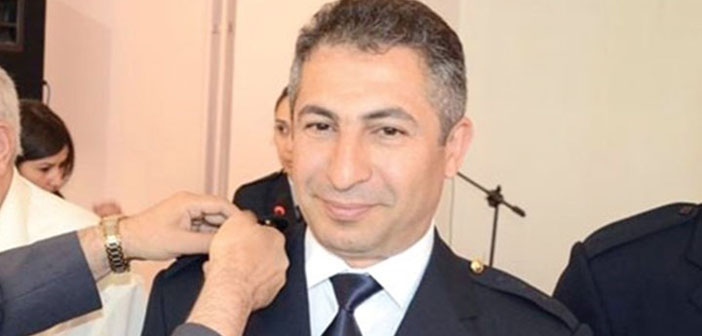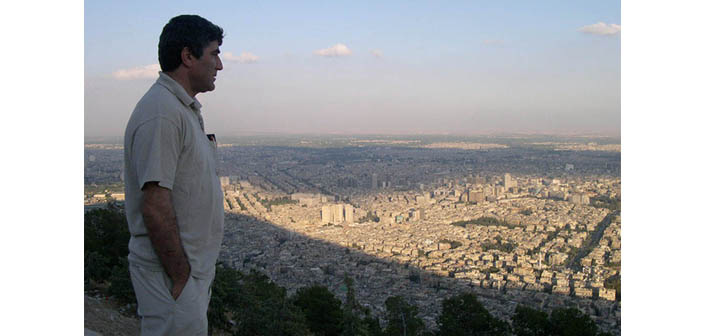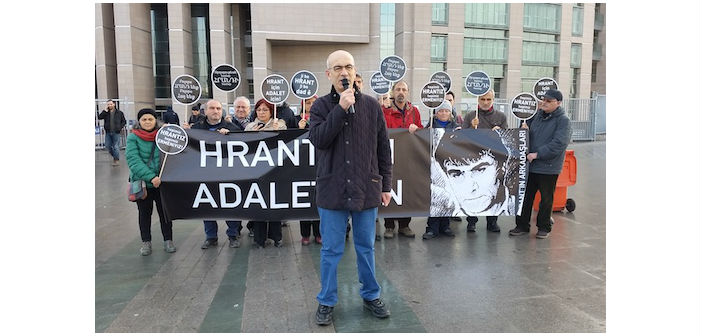Engin Dinç bore a testimony as a suspect 9 years after the assassination of Hrant Dink. In 2007, the year that Hrant Dink was assassinated, he was the chief of Provincial Intelligence Office of Trabzon and now, he serves as the head of Police Intelligence Department.
Dinç stated: “With the evaluation that Yasin Hayal might do something to Hrant Dink and he is capable of it, we immediately reported this situation to the Provincial Intelligence Office of for further action and informed the Police Intelligence Department.”
The details of Dinç’s testimony are published in Zaman newspaper. In this testimony, Dinç says that they warned İstanbul both by phone and by letter: “I made a phone call and gave information in person. We received the most important information concerning Dink’s assassination from Tuncel on 15 February 2006. We reported this information to Ankara and İstanbul on 17 February 2006.”
In this testimony, he said that he used Erhan Tuncel, who is an accused in Dink’s case, as an intelligence employee on his own request and with the approval of Ramazan Akyürek. Engin Dinç said, “The information about Yasin Hayal’s plans toward Hrant Dink was reported to the Provincial Intelligence Office of Istanbul on 17 February 2006 with number 027248 for further action and also we informed the Police Intelligence Department. Moreover, I made a phone call and talked to the chief of the Provincial Intelligence Office of İstanbul.”
"I met Tuncel at my office"
Here is what Dinç told: “I remember that people who work with him was complaining that he skips meetings sometimes and withholds information. After the moment we learned that Yasin Hayal is planning something toward Hrant Dink, I warned him personally and told him that he should be more careful and consistent in his work. I asked him to watch Yasin Hayal very closely and report every bit of information he gathers immediately to our personnel. I also asked him to talk Yasin Hayal out of his plans.
With the evaluation that Yasin Hayal might do something to Hrant Dink and he is capable of it, we immediately reported this situation the Provincial Intelligence Office of Istanbul for further action and informed the Police Intelligence Department. Moreover, I made a phone call and gave information in person. We received the most important information concerning Dink’s assassination from Tuncel on 15 February 2006. We reported this information to Ankara and İstanbul on 17 February 2006.”
Dink family’s lawyer: The personnel of the Directorate of Security of Trabzon made the assassination possible
Telling his evaluation concerning this testimony to Agos, Bakırcıoğlu said: “Engin Dinç states that they informed the Directorate of Security of Istanbul about the assassination plan on 17 February 2006 and that he also called the chief of Provincial Intelligence Office of Istanbul Ahmet İlhan Güler. The personnel of the Directorate of Security of Istanbul, especially Celalettin Cerrah and Ahmet İlhan Güler, who had information about plans to assassinate Hrant Dink, have major responsibility in not taking protection measures. This is justified by the facts and out of question. However, there is another issue that is out of question: the personnel of the Directorate of Security of Trabzon made the assassination of Hrant Dink possible by not carrying out an operation. Thus, the personnel of the Directorate of Security of Trabzon and Engin Dinç cannot set their responsibility aside by saying that the Directorate of Security of Trabzon of Istanbul hasn’t taken any protection measures.”
“Cause celebre”
The chief of the Directorate of Security of Trabzon Engin Dinç reported the information concerning Hrant Dink’s assassination to Directorate of Security of Istanbul as “cause celebre”, not a plan for assassination. Dinç, who decided to use Erhan Tuncel as an intelligence employee, became the chief of the Directorate of Security of Afyon after the assassination and he was appointed to the Police Intelligence Department in 2013. 5 months after his appointment, Muhittin Zenit, who is a police officer under arrest as part of Dink’s case and blames his superiors, appointed as the executive assistant of Dinç.
As part of the assassination investigation, Dinç was also heard by Human Right Investigation Commission of the Grand National Assembly of Turkey. In his testimony that he bore to the commission, he said: “We performed our duty. I reported the issue to the chief of the Intelligence Office of Istanbul on the phone. When you say ‘cause celebre’, it is obvious what you mean.”





